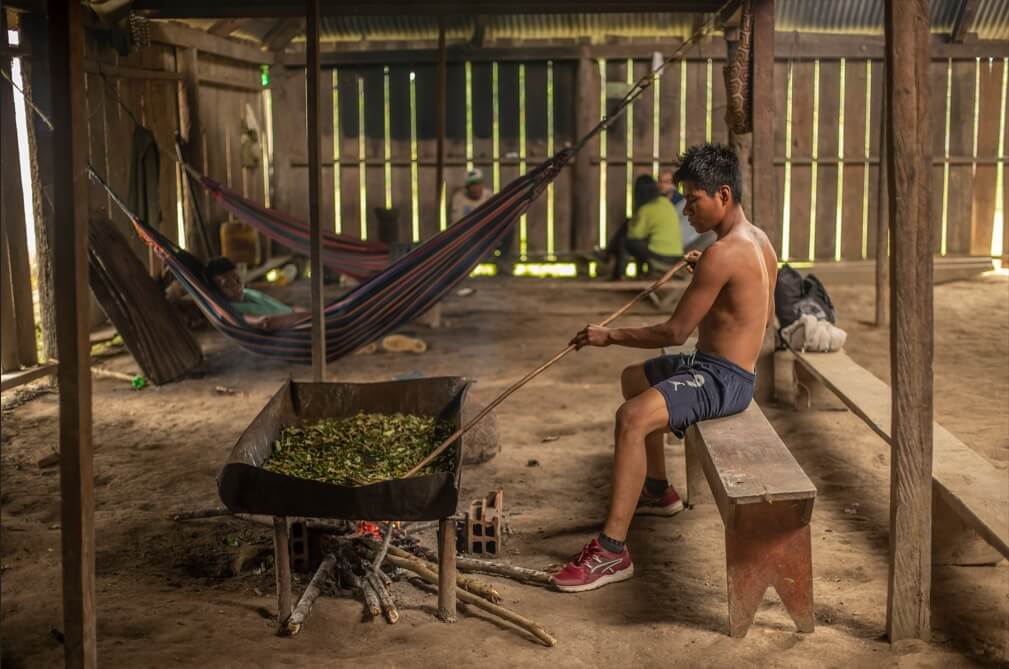From Dispossession to Reservation: Indigenous Nations and the Colonization of Colombian Amazonia in the Twentieth Century
My dissertation examines the colonization of the Colombian portion of northwestern Amazonia during the twentieth century and its impact on the Indigenous nations that had remained at the borders of imperial formations and the nation-states until the last decade of the nineteenth century. In particular, it focuses on the Murui-Muina people—also known as Uitoto—living in the municipality of Leguízamo, located at the border between Colombia and Perú. Following their ancestral territory’s violent conquest during the Putumayo rubber boom (1890-1930), dozens of Murui-Muina clans escaped from rubber stations and found refuge in different areas of Colombian Amazonia. By the end of the twentieth century, their new homes were protected as Indigenous territorial reservations—in Leguízamo, reservations cover almost one-fourth of the municipality’s area.

I show that the case of the Murui-Muina sheds light on the dialectics between dispossession and reservation in the colonization of Amazonia’s last Indigenous frontiers—that is, between the violent expulsion from their ancestral territory and the affirmation of a new, although reduced, territory protected by the state. My dissertation challenges the views that have understood Indigenous reservations only as state concessions or ratifications of Indigenous land dispossession. I argue that reservations in Colombian Amazonia also resulted from the organization of local and regional Indigenous movements to defend their land. The Indigenous population of Leguízamo came together around an ethnic identity built upon a social relationship to their land that transpired from pre-colonial times. As the Murui-Muina people tirelessly contend: paisano sin tierra no es paisano (the Indian is not an Indian without their land). The project draws on ethnic, postcolonial, and critical agrarian studies’ conceptualizations of subaltern agency and Indigenous sovereignty to contend that the Murui-Muina people took advantage of reservations and turned them into meaningful tools for protecting their land from settler-colonialism during the twentieth century.
Pursuing a research project that highlights Indigenous peoples’ agency requires a methodological approach not limited to traditional archival research. My dissertation relies on oral histories, ethnographic fieldwork, and an ethnographically anchored reading of archival sources. I have worked extensively at government and missionary archives in Colombia, Italy, Spain, and France. Furthermore, I have conducted four research trips to Leguízamo to interview over 50 Murui-Muina elders and participate in workshops about local history and Murui-Muina culture.